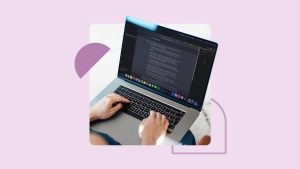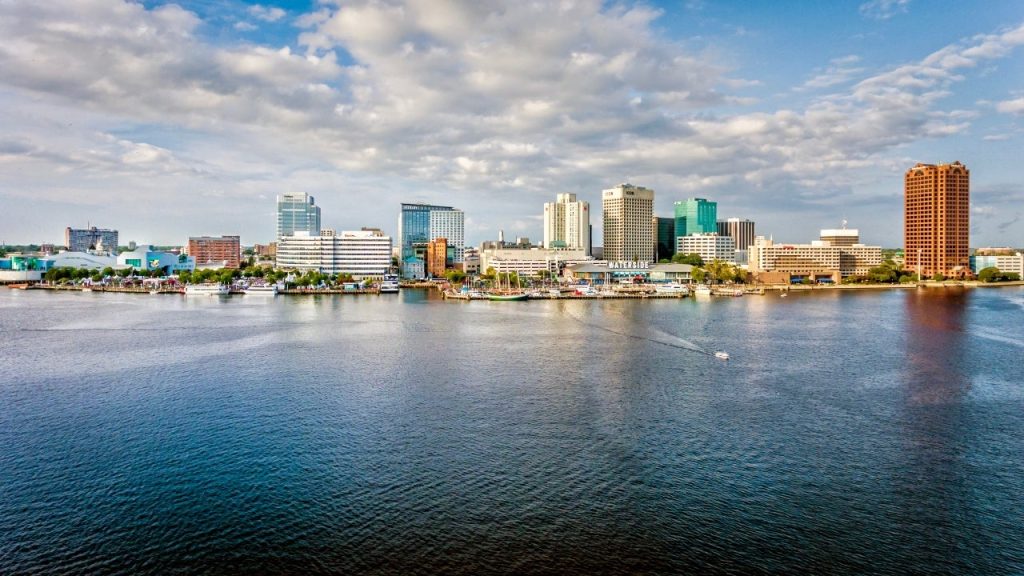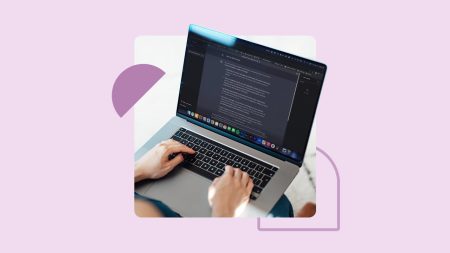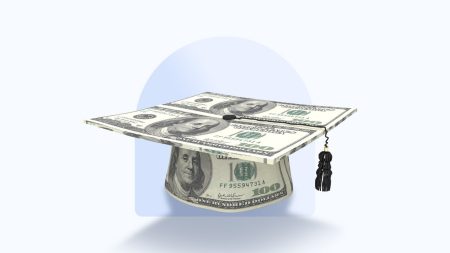Sky Noir Photography by Bill Dickinson/Getty Images
Virginia may be for lovers, but it’s for homeowners, too. Over 69 percent of the state’s residences are occupied by their owners, according to 2023 U.S. Census figures. First-time homebuyers are essential to that trend.
Virginia Housing is a state-created not-for-profit organization that offers programs for repeat and first-time homebuyers, including loans, grants, education and other forms of assistance. Let’s break down what they offer.
Virginia first-time homebuyer loan programs
Virginia Housing Conventional programs
Virginia Housing offers two 30-year, fixed-rate conventional loan programs:
- Virginia Housing Conventional
- Virginia Housing Conventional No Mortgage Insurance
The main difference between the programs is that the latter doesn’t require borrowers to pay for mortgage insurance, which is an additional cost within the monthly mortgage payment. The latter program also has a slightly higher minimum credit score: 660, as opposed to 640 for the Virginia Housing Conventional.
Both can be paired with down payment and closing cost assistance programs.
Borrower requirements:
- 3 percent down payment (assistance available)
- 640 minimum credit score for Conventional Loan; 660 minimum credit score for Conventional No Mortgage Insurance Loan
- Maximum 50 percent debt-to-income (DTI) ratio
- Amount borrowed can’t exceed conforming loan limit
- Must meet Virginia Housing income limits
Property requirements:
- Must be a single-family, one-unit home; townhome or agency-approved condominium
- Must be in Virginia
Virginia down payment assistance
Virginia Housing Plus Second Mortgage
The Virginia Housing Plus Second Mortgage saves homebuyers from having to come up with funds for a down payment. The program pairs an eligible Virginia Housing first mortgage — either a Virginia Housing Conventional, Conventional No Mortgage Insurance or FHA loan — with a Virginia Housing second mortgage.
The second mortgage is capped at 3 percent to 5 percent of the purchase price, depending on the borrower’s credit and the loan type of the first mortgage. It’s repayable over 30 years, and some borrowers may be able to finance closing costs.
Borrower requirements:
- Must have 1 percent of home’s purchase price available for closing costs or held in reserves
- Must meet Virginia Housing income limits
Property requirements:
- Must meet first mortgage requirements
- Must be in Virginia
- Must generally be on a lot of no more than two acres
- Sales price must not exceed Virginia Housing loan limits
Virginia Housing Down Payment Assistance (DPA) Grant
Virginia Housing’s Down Payment Assistance (DPA) grant provides qualified first-time homebuyers with up to 2.5 percent of the home’s purchase price to put toward a down payment. The borrower must use the grant funds in conjunction with a Virginia Housing Conventional, Conventional No Mortgage Insurance or FHA loan — and also meet all of the requirements of that first mortgage — in order to qualify.
Virginia Housing Closing Cost Assistance (CCA) Grant
Virginia Housing’s Closing Cost Assistance (CCA) grant reduces out-of-pocket expenses for first-time homebuyers seeking a VA loan or a USDA loan. The maximum grant is 2 percent of the home’s purchase price, and borrowers can apply the money to closing costs, discount points, prepaid items and the VA funding fee or USDA guarantee fee. Like the DPA grant, the borrower must also meet all of the requirements of the first mortgage in order to qualify.
Other Virginia homebuyer assistance programs
Virginia Housing Granting Freedom program
Virginia Housing’s Granting Freedom program provides up to $8,000 in grant funds for members of the military or veterans living with a disability because of an injury sustained in the line of duty to make their homes more accessible. The funds can help pay for modifications such as ramps or wider doorways, and they apply to work done in both owner-occupied homes and rental units.
Virginia Housing Loan Combo
Through the Virginia Housing Loan Combo program, first-time homebuyers in Virginia can combine a Virginia Housing mortgage, down payment assistance grant and a free homebuyer education course into a single package.
ComeHome Homeownership Initiative (Richmond)
Launched by the Richmond Redevelopment and Housing Authority (RRHA) in 2024, the new ComeHome Homeownership Initiative is designed for public housing residents and voucher holders. The program offers several benefits, including closing cost and down payment assistance, below-market interest rates and mortgage insurance relief. The program also allows applicants to qualify using consistent, on-time rent payment history rather than a credit score.
Virginia Individual Development Accounts (VIDA)
VIDA is a savings and education program designed to help participants save for a home down payment and closing costs. Program participants receive training along with matching funds: a rate of $10 for every $1 the participant saves, up to $10,000. Program participants must be income-earning Virginia residents and meet financial eligibility guidelines.
Fairfax County First-Time Homebuyers Program
Designed for low- and moderate-income families, the Fairfax County First-Time Homebuyers Program offers homes at below-market prices. Owners must offer the home back to the program when selling. To be eligible, applicants must not have owned a home in the past three years and must meet income requirements, as well as qualify for a mortgage and make a small down payment.
Other Virginia first-time homebuyer loans
On a national level, there are loans geared toward first-time homebuyers that Virginians can use. These include:
- FHA loans: Loans insured by the Federal Housing Administration (FHA) have more lenient financial requirements than other loans. You can get an FHA loan with 3.5 percent down if you have a credit score of at least 580.
- VA loans: For active-duty military, veterans and surviving spouses, a loan guaranteed by the U.S. Department of Veterans Affairs (VA) is a great option. These loans typically come with lower interest rates and don’t require a down payment.
- USDA loans: Loans guaranteed by the U.S. Department of Agriculture (USDA) also require no down payment, but you’ll need to buy in a designated rural area and meet area-specific requirements.
- HomeReady and Home Possible loans: HomeReady and Home Possible are loan programs created by government-sponsored enterprises Fannie Mae and Freddie Mac. They’re specifically for first-time homebuyers, requiring only 3 percent down and having more flexible income requirements.
Note that Virginia Housing offers all of these loan types at lower interest rates, which can be paired with closing cost and down payment assistance.
Get started
Once you’ve familiarized yourself with Virginia and national first-time homebuyer assistance programs, it’s time to research the ins and outs of buying a house in Virginia. There may be more competition when buying a home in the state’s more popular housing markets. To have the best chance of getting the home you want — and qualifying for a competitive mortgage rate — get your finances in order before applying. This might include paying down debt and building your credit.
When you’re ready to move forward with buying a home, contact Virginia Housing to start the process.
Read the full article here










